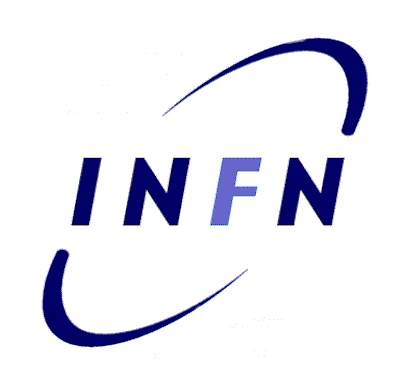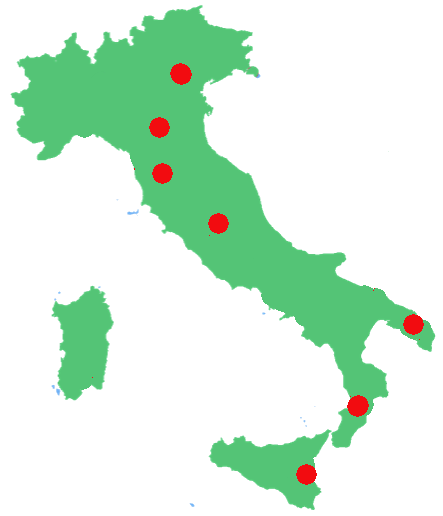Abstract
This project concerns a broad investigation range that has common roots in statistical mechanics, dynamical systems and stochastic processes, and that finds applications in physics, biology, cognitive sciences, sociology and economics. The common traits of these application fields are the emerging properties from collective phenomena, cooperative effects and counterintuitive phenomena rising from the interplay of environmental noise with the intrinsic nonlinearity of complex systems.
Examples of such systems range from purely biological one like regulative networks and the neural organization of the brain, to large-scale biological systems like ecosystems, population dynamics, evolutive population theory, to human-related systems. In particular, for what concerns cognitive (human-related) systems, we shall investigate them from the perspective of the single individual (psychological modelling), that of societies (sociophysics), economy and markets (econophysics), mobility systems (pedestrian and automotive) and technological aspects (e.g., Internet). This perspective would allow to explore the possibilities and the limits of a reductionist approach, and put into evidence the universal properties of such systems, as for instance those that lead to the emergence of complex social networks, and the interplay among different levels such as the relations among community structure, infectivity of a disease and its spreading characteristics.
An important application of these studies is in the information and computer technology field, both for what concerns unconventional computation techniques (such as chemical, biological or social computing) and for what concerns the interplay between informative systems and human behaviour.
We apply techniques derived from theoretical physics, for instance dynamical system theory, bifurcation theory, chaos, synchronization, stochastic equations, stochastic processes, quantum structures, statistical physics methods, phase transitions, criticality, disordered systems theory, small systems, large deviations, long-range coupling, network theory, etc.. We also investigate possible applications of these activities to industrial mathematics, especially where complex systems and transport phenomena are involved, susceptible of a network description.


